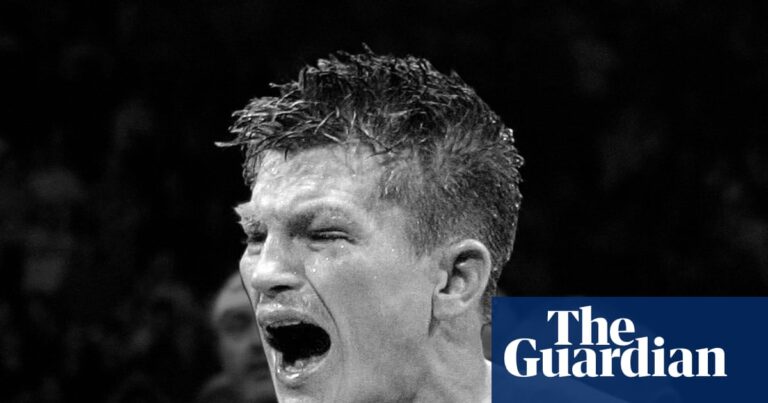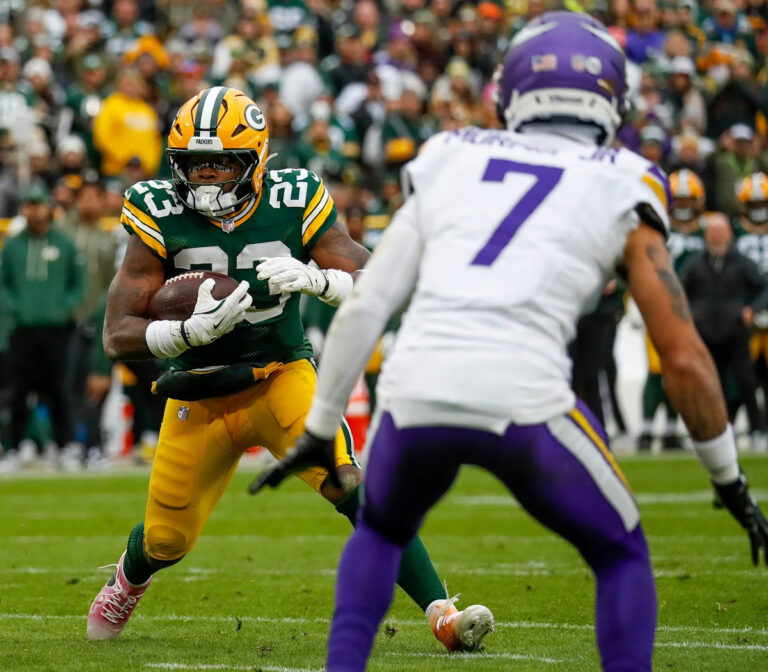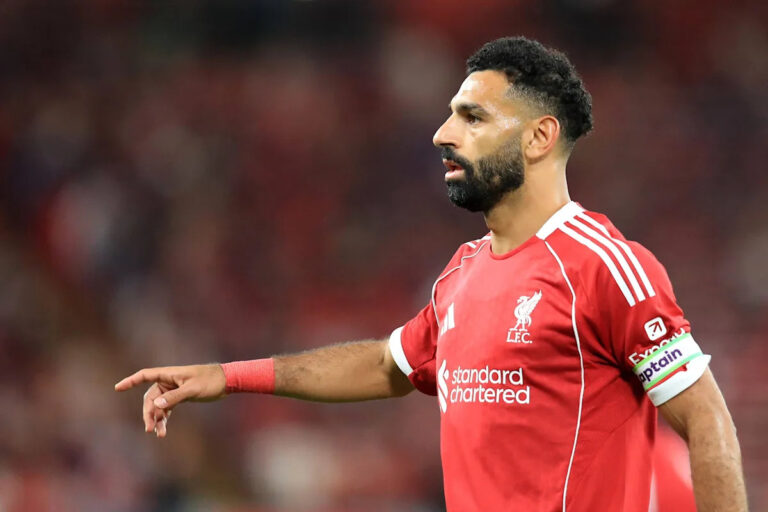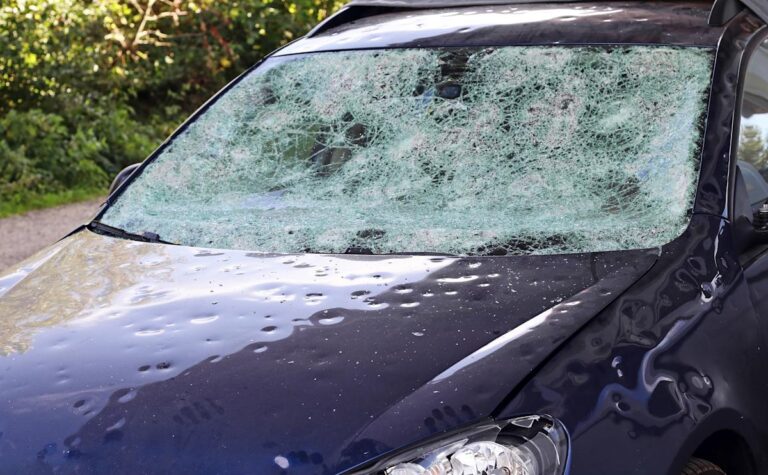
This weekend Lindsey Burrow will run the London Marathon. Two weeks later, she will run the Leeds Marathon. And she’s not even what she’d call a good runner. “I think coming from Yorkshire and having that Yorkshire grit,” she says, with a smile, “I’m just quite stubborn.”
Burrow has always found getting out for a run good for her mental state and in the nine months since she lost her husband, it has become vital. “It’s just given me that headspace to go out and focus on something positive,” she says, speaking on Zoom from her Pontefract home. “And the marathons have given me a goal.”
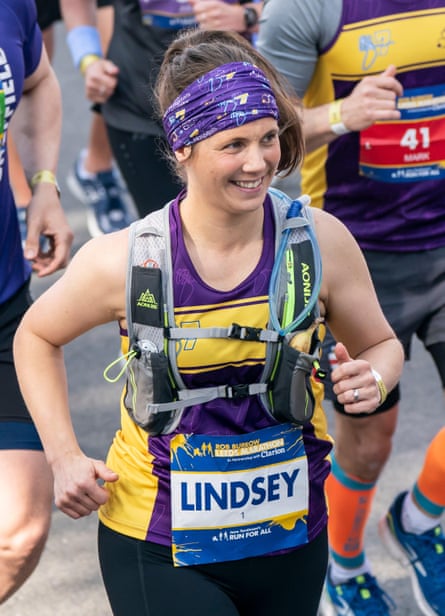
Burrow’s medical background – she is an NHS physiotherapist – meant she had seen the effects of MND before. In the book she describes sitting in the doctor’s room, feeling like she’s been silently blown apart. “I understand far too clearly what it means. Rob will be buried alive in his own body. He will be trapped and paralysed beneath the rubble.”
When Rob was a player, she dreaded going to his games, filled with anxiety about the batterings he took. “To me, it was never about the score. I just wanted Rob home in one piece.” She has never forgotten the time when, playing for England in a World Cup match, she saw him knocked out and laying lifeless on the pitch.
“And then at Elland Road, they were playing in the World Club Challenge [against Sydney Roosters in 2009] and he was knocked out, and I was working on a spinal unit at the time. Having that insight made it really scary because you knew what rugby players put their bodies through. The impact on their bodies is just incredible, something like being in a 40mph car crash. You can hear it pitchside.”
Research on the long-term cognitive and neurological effects of rugby concussions has already led to changes in both codes of the sport, from on- and off-field medical protocols to smart mouthguards that measure the force of head collisions. “And obviously,” says Burrow, “it was a question that I thought of. Has rugby contributed to this in some way?”
Her mother-in-law, Irene, believes it could have. Bioscientists at Durham University discovered last year that rugby players who suffered multiple concussions had abnormal levels of particular proteins that play a crucial role in the development of both Alzheimer’s and MND. “But you look at the spectrum of people that get MND and there’s people that have never played sport that sit in an office that get it. So it’s really difficult, I don’t know the answer.
“Rob’s take on it was that he just put it down to bad luck. It is such a complex cellular disease that I don’t think it’s particularly one factor. And we need more research.”
It has not put Burrow off introducing their son to the game. “Although he’s a sensitive little soul, bless him,” smiles Burrow. “He does get mothered a lot I think by having two older sisters. I think if Rob was here he’d be like: ‘Come on, Jackson, toughen up.’” Jackson was only six when Rob died; when he attended his first training session last month, the fact that people there had heard of and known his father delighted him.
One day, when it’s less raw, Burrow will show him footage of Rob in his playing days. It was a feature of their marriage that the scrum-half never brought his “rugby self” home and Burrow was “horrified, mortified” to discover, on reading Rob’s autobiography, the pranks he pulled in the dressing room, like peeing on his teammates in the shower. “He was such a family man! And very traditional in his values, you know – always made sure the children had good manners, they were polite … and then there was him going off and doing that.”
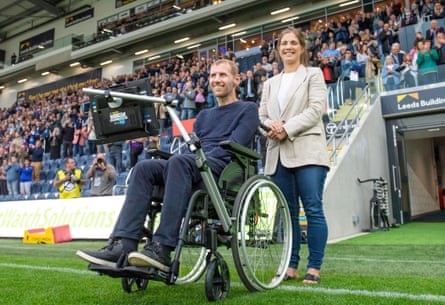
The solidarity of the sporting world has created a real movement around MND awareness. One of the most powerful moments in her book is when Rob meets rugby union’s Doddie Weir, the former Scotland lock, for the first time. Weir had been living with MND for five years at that point, and his fighting spirit had an immediate effect: “Rob came back and said: ‘Right, you know, there’s no more tears now, we get on with life.’”
And last month, football’s Marcus Stewart – diagnosed in 2022 – walked from Wembley to Ipswich with a host of supporters. “It’s not a community that anybody wants to be part of, but actually it’s such a beautiful community,” says Burrow. “It would have been quite easy for any of them to kind of say, you know, right, shut my doors, my time is with my family now.”
Instead, with Rob determined to make the most of every moment remaining to him the naturally private Burrow cared for him in the public eye, from their kids’ activities to their media appearances. And while that did help increase understanding of the condition – consultants now have patients presenting with what they call “the Rob Burrow disease” – Burrow suspects it did something else too. “It’s shown people with MND that even at your most vulnerable you don’t have to shy away and be ashamed. And that people really do care.”
As for his life in rugby league, she wants people to know that Rob had no regrets. “I asked him: if playing rugby has played a part in you being diagnosed with MND, would you change it? And Rob said: ‘Absolutely not. I’ve travelled the world, the team friendships, the camaraderie, the experiences that I’ve had, I wouldn’t change any of that.’”
Take Care by Lindsey Burrow is published by Penguin and available to buy now at the Guardian Bookshop and other outlets.

